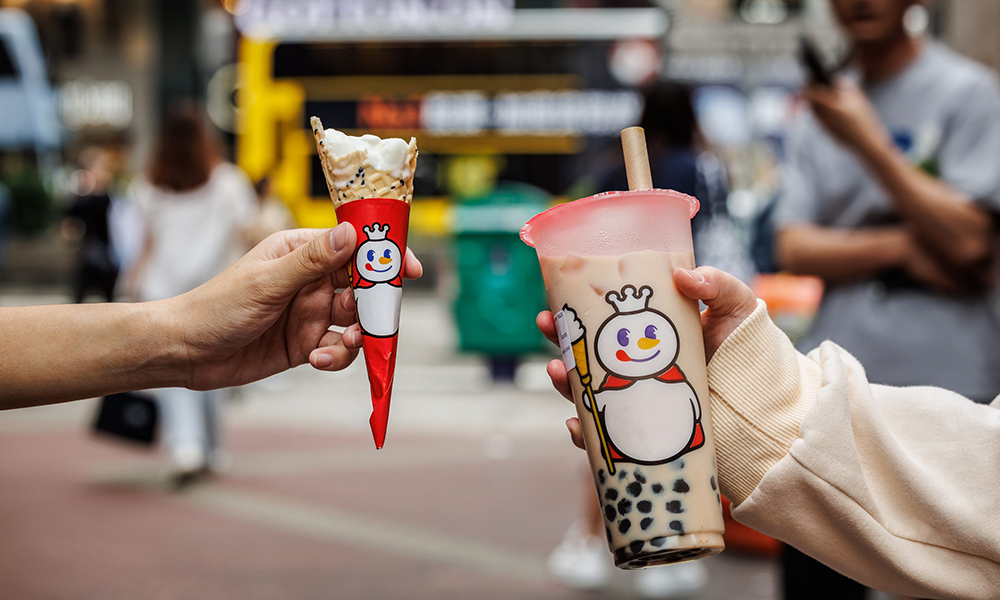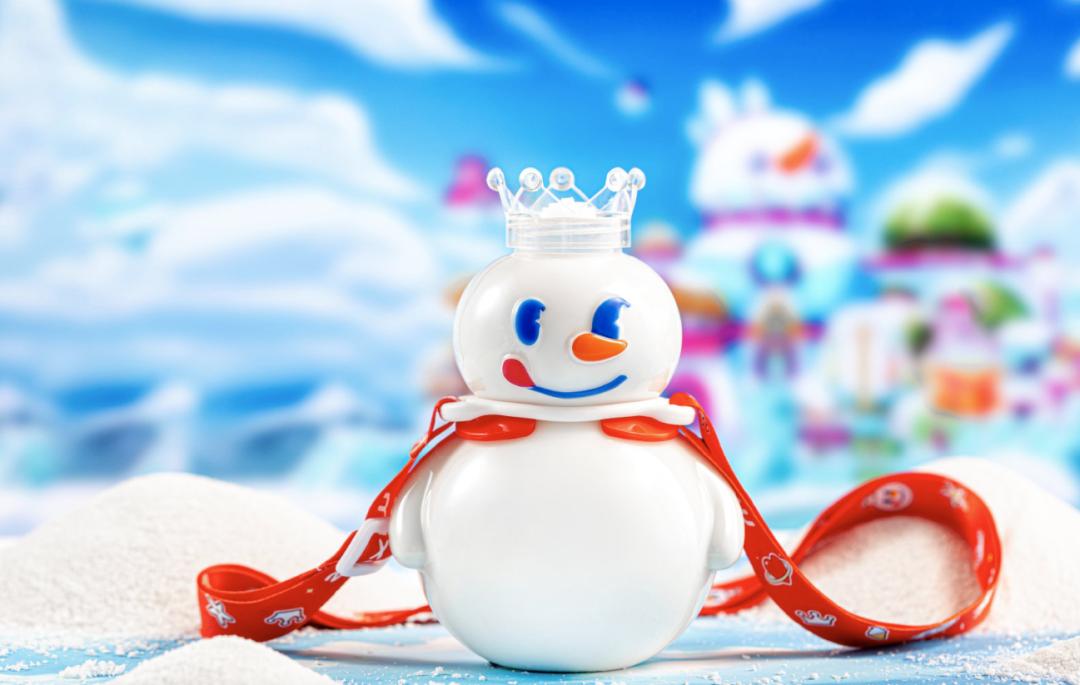Release time:2025-09-04 15:08:05 Publisher:Mixue
You might think McDonald's or Starbucks is the world's largest fast-food chain. However, the title for most locations belongs to a brand that has exploded across China and Asia: Mixue, an ice cream and tea shop founded in 1997 by Zhang Hongchao, who started with a single street stall as a university student.
McDonald's, founded over 85 years ago, is a global powerhouse with more than 40,000 restaurants. Yet, in terms of sheer store count, it has been surpassed.
As of March, Mixue is the world’s largest fast-food chain by number of stores, boasting over 46,000 locations across Asia, Australia, the Middle East, and South America. With nearly 40,000 of those in mainland China, the company has massive room for global growth.
Twenty-eight years ago, when Zhang Hongchao opened his first small stall, he likely never imagined it would become a global giant.

Humble Beginnings
While studying at the Henan University of Economics and Law, Zhang had the idea to sell cold drinks and shaved ice. He borrowed 3,000 RMB (about $362 at the time) from his grandmother to open a stall on the streets of Zhengzhou, a major city in central China.
The stall was an early success. According to a report by Sina News, he was able to make a significant profit margin, selling drinks for over $14 that cost him around 21 cents to make.
However, his lack of experience and Zhengzhou's rapid modernization created serious obstacles. As the city developed, his stall was demolished three times in a single year. He also struggled to sell cold drinks in the winter, forcing him to sell oranges just to make ends meet.
Building a Winning Formula
Despite the setbacks, Zhang persevered. He invested in better equipment, expanded his menu, and introduced the product that would define his brand: a soft-serve ice cream cone that cost only 1 RMB (about 14 cents). This unbeatable price made Mixue a massive hit with budget-conscious consumers.
The company’s operations leveled up in 2007 when Zhang’s younger brother, Zhang Hongfu, joined the business. Before, franchise management was informal. Hongfu, now the CEO, implemented a structured system. A key move was introducing professional store managers, which helped the brothers professionalize the franchise network beyond family and friends.

As the brand expanded to hundreds of stores, it faced inconsistencies and supply chain shortages. Zhang pushed through by launching new bestsellers like bubble tea and, in 2014, established a warehouse to buy raw materials directly from farmers. This move to create their own supply chain fixed their shortages for good.
Mastering the Supply Chain
By 2022, Mixue had built a network of logistics centers across 22 provinces. The company controls almost everything, from store location and design to staff training and food safety protocols.
This vertically integrated model is their superpower. According to a recent study, Mixue's in-house supply chain keeps its costs at just 30% of sales revenue, far below the industry average of 45-55%. This allows them to maintain their famously low prices while remaining highly profitable.
Performance and Business Model Today
In 2024, Mixue Group’s profits hit 4.4 billion RMB (approx. 615 million USD), a 226.15 million USD), 22% increase from the previous year. Revenue reached 24.8 billion RMB (approx. 615 million USD),a 223.43 billion USD), up nearly 40%.
The company continues its rapid expansion. Last year, Mixue opened over 10,000 new stores, with a very low closure rate of just 3.5%.
Interestingly, even though over 99% of its 46,000+ stores are franchises, franchise fees make up only a small part of its revenue. The bulk of its income comes from selling ingredients and equipment directly to franchisees, who are required to source everything from the parent company.
Previous article:Cha Panda's Half-Year Report: Revenue and Profit Soar, Registered Members Hit 160 Million
Next article:Nine Years, 3,000 Stores: Bingxi Time Forges a New Development Era with Franchise Partners
回顶部